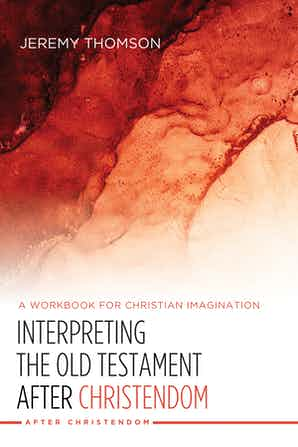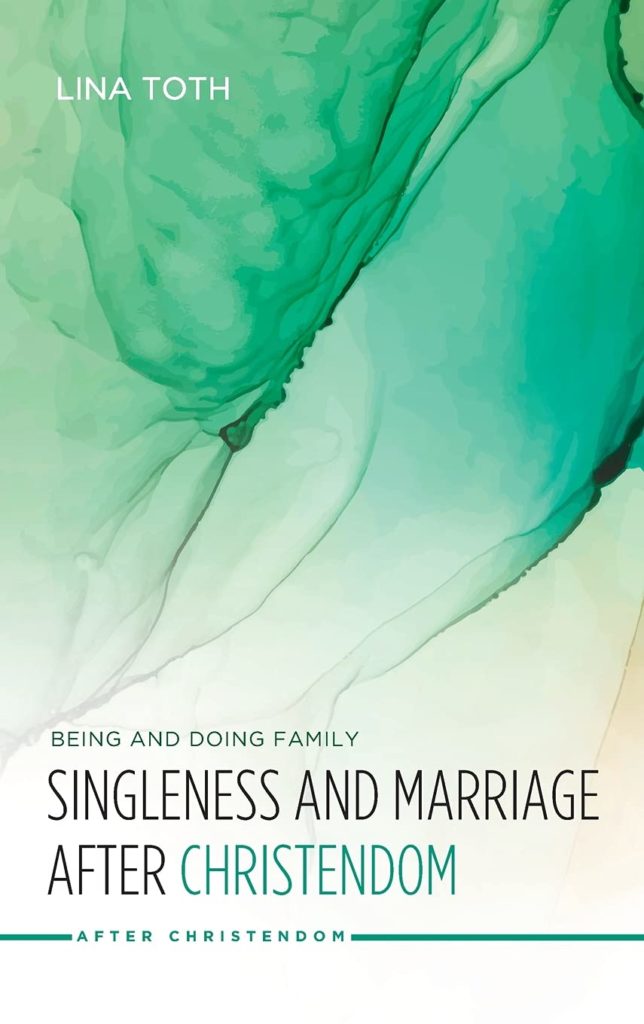There have been two new books in the After Christendom series that have been launched recently.
Interpreting the Old Testament After Christendom

How would you describe the Old Testament? Offensive, violent, patriarchal, archaic; difficult, boring, obsolete? Many Christians don’t bother with it anymore. Yet these ancient books were in Jesus’ life-blood, and they provided the thought-world of those early followers who wrote about him in what became the New Testament. This book challenges those stereotypes of Israel’s scriptures by exploring their significance in the Apostolic writings and by demonstrating the significance of whole books for nuanced interpretation. It takes readers on a tour through four key books before considering the wider issues of interpretation that readers must consider in order to hear God’s Spirit speaking afresh to a range of contemporary concerns, including racism and the environment.
Singleness and Marriage After Christendom

Momentous change is taking place in Western societies and churches. Singleness is on the rise, along with growing interest in different pathways to human happiness. However, we still largely consider coupledom as the norm and a symbol of the good life. This is especially true in the Christian context, where the decline of “”traditional”” marriage and family patterns is often presented as an erosion of the Christian way of living. Yet when the church was very young, the world was also very concerned with the demise of traditional family ways–but the culprits accused of destroying family values were none other than Christians. A considerable number of them willingly chose to forego marriage, embracing Jesus’s vision of a new kind of a family: the church. This book follows the changes in the practice of marriage and singleness, from those early days of the Christian movement to our modern preoccupation with romance and coupledom as essential ingredients of a happy, fulfilled life. It argues that the current surge in the number of single people is actually an opportunity for us to reconsider both singleness and marriage in the larger context of a community of faith.